ORIGINAL RESEARCH
Published on 09 Aug 2022
Cronos: A Machine Learning Pipeline for Description and Predictive Modeling of Microbial Communities Over Time
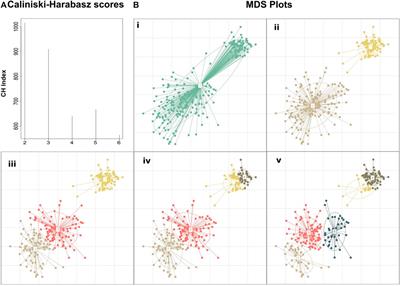
doi 10.3389/fbinf.2022.866902
- 2,387 views
- 2 citations
15k
Total downloads
107k
Total views and downloads
You will be redirected to our submission process.
ORIGINAL RESEARCH
Published on 09 Aug 2022

METHODS
Published on 22 Jul 2022
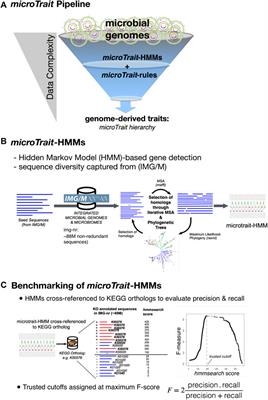
ORIGINAL RESEARCH
Published on 24 Jun 2022
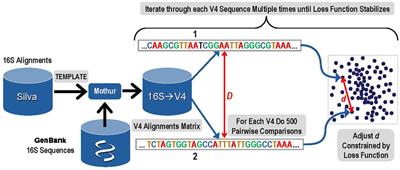
ORIGINAL RESEARCH
Published on 22 Jun 2022
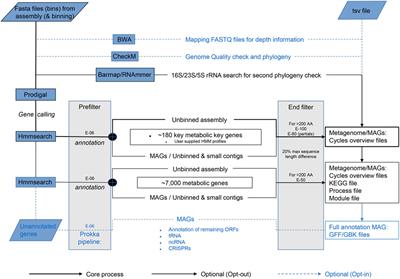
REVIEW
Published on 26 May 2022
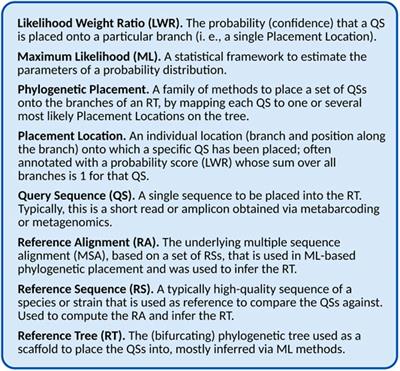
ORIGINAL RESEARCH
Published on 16 May 2022
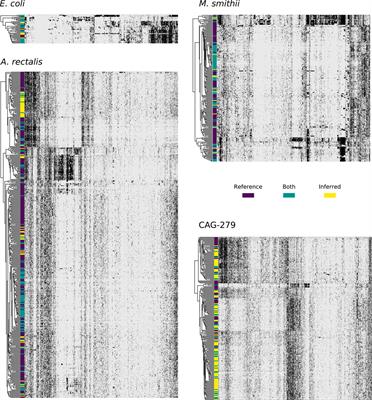
ORIGINAL RESEARCH
Published on 13 May 2022
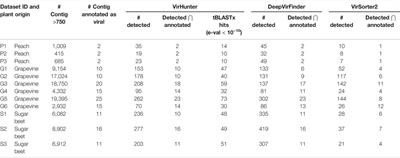
ORIGINAL RESEARCH
Published on 12 May 2022
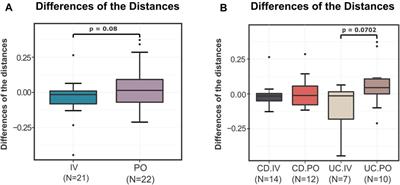
TECHNOLOGY AND CODE
Published on 10 May 2022
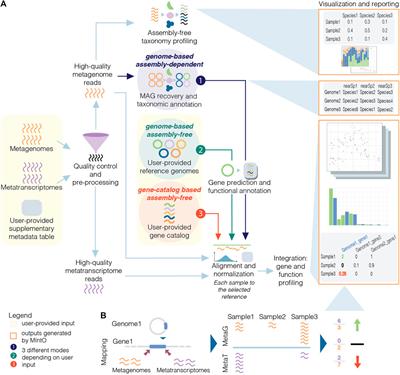
ORIGINAL RESEARCH
Published on 27 Apr 2022

METHODS
Published on 26 Apr 2022
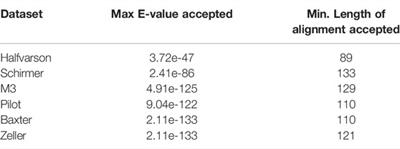
ORIGINAL RESEARCH
Published on 26 Apr 2022

